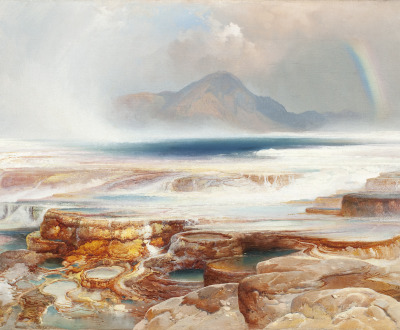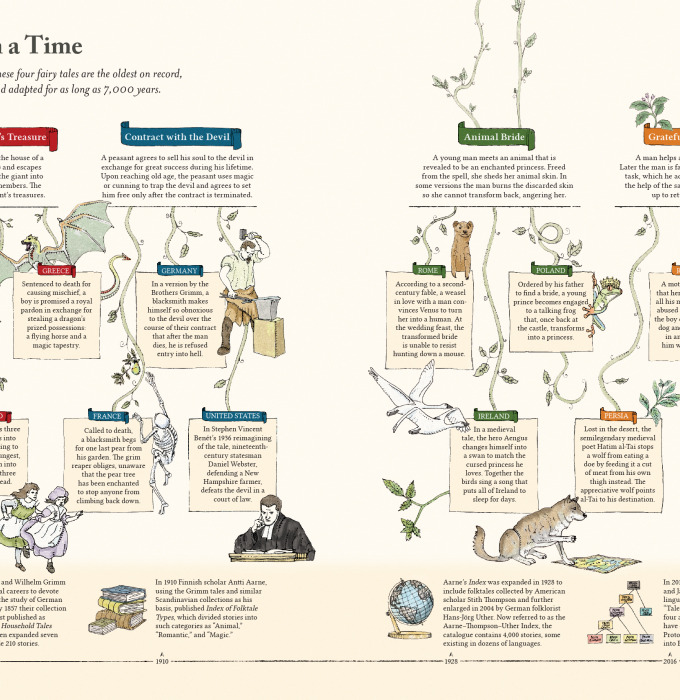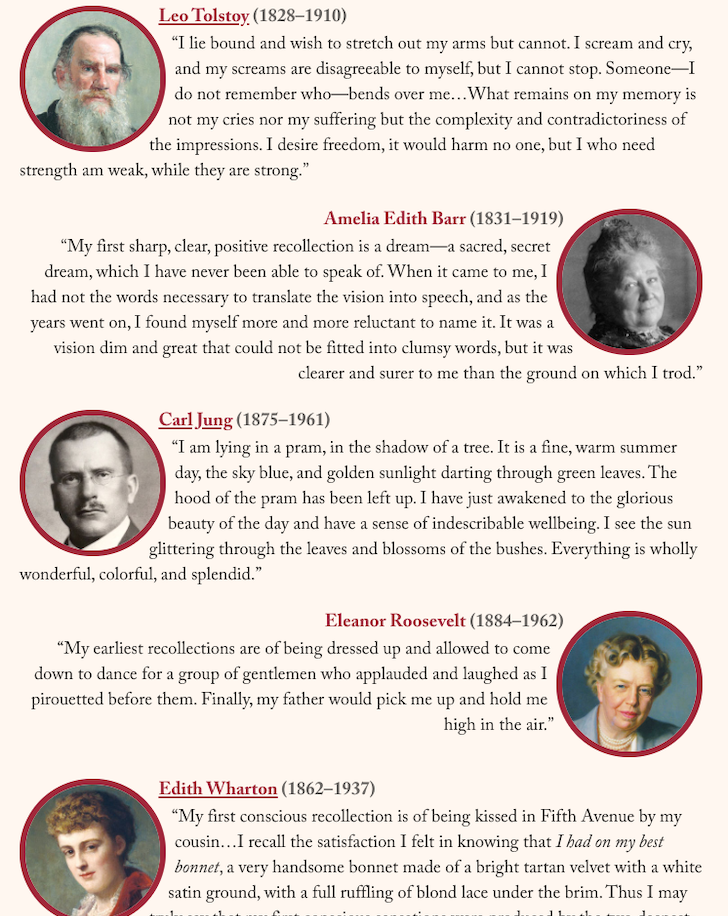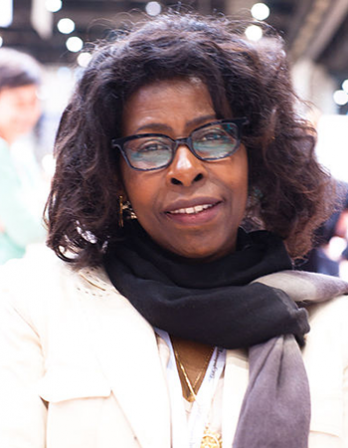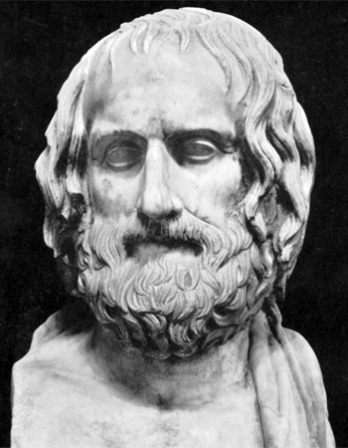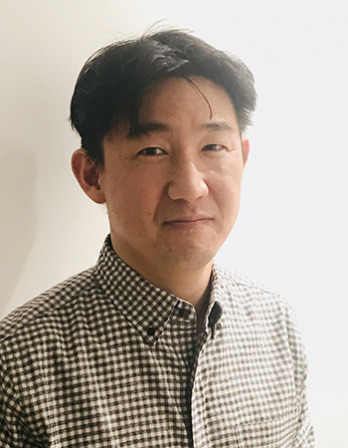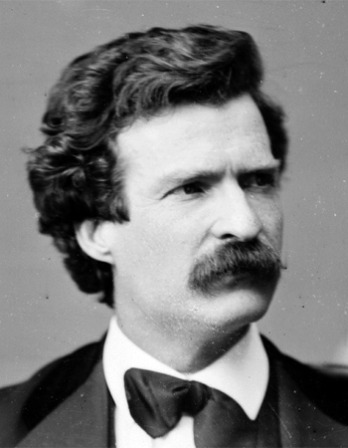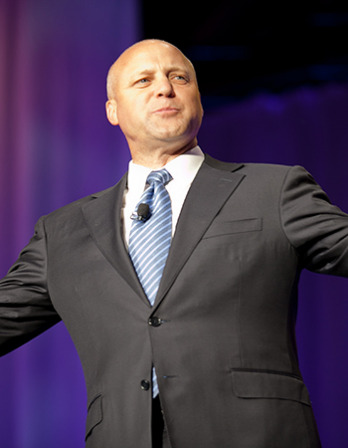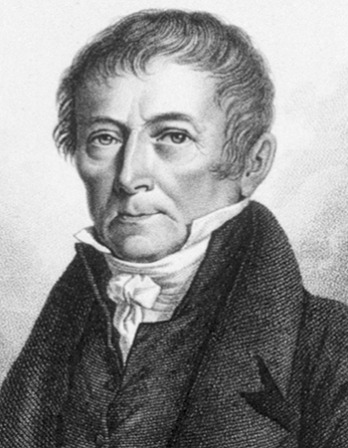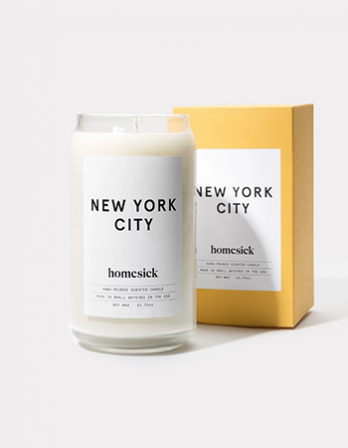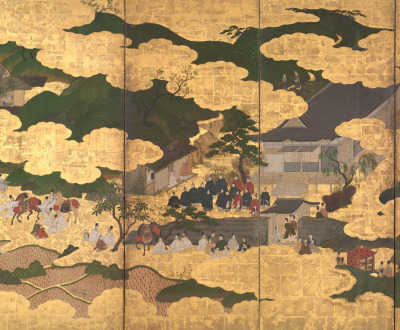
Japanese folding screen depicting a scene from the Tale of the Heike, seventeenth century. The Metropolitan Museum of Art, Mary Griggs Burke Collection, gift of the Mary and Jackson Burke Foundation, 2015.
VIEW:
Miscellany
“There is one thing at which I cannot sufficiently wonder,” wrote Pliny the Elder, “that of some trees, the very memory has perished, and even the names recorded by authors have passed out of knowledge.”
What is the worth of human life, unless it is woven into the life of our ancestors by the records of history?
—Marcus Tullius Cicero, 46 BC